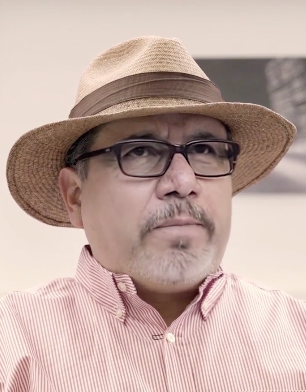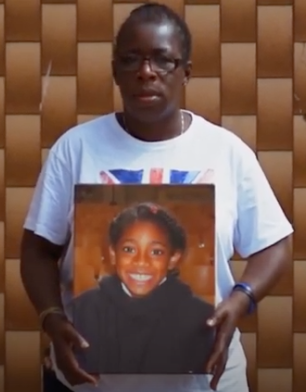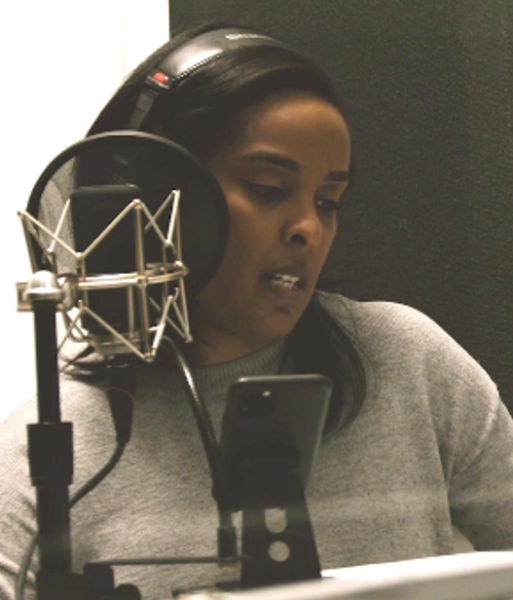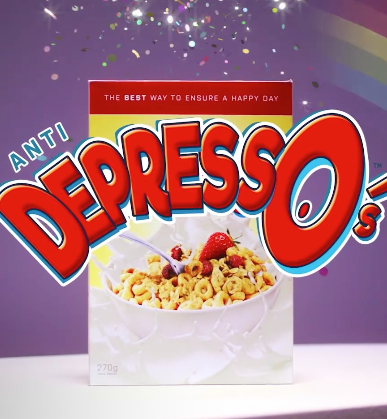Long-time subscribers to this newsletter will recall that our July issue traditionally presents a “summer reading list,” but since the past year has been unlike any other, we thought it fitting to try something new this time around. So, instead of recommending books to bring to the beach (or wherever you find respite from the summer sun), we’re providing links to videos from award-winning public interest campaigns that were conducted in 2020-2021 around the world.
These campaigns addressed a wide range of issues in healthcare, the environment, racial justice, the drug trade, gender bias and more, and every one earned a Cannes Lion Award for outstanding creativity. If you’re looking for inspiration as you prepare for battles ahead, look no further than the five amazingly clever and effective campaigns listed below. And we’ll have five more for you next month in part 2 of this list.
Special thanks to Lovethework.com for curating the complete list of 2020-2021 Cannes Lion award winners, as well as to Storythings for introducing us to Lovethework. Scroll down to access the five award-winners on part 1 of our list.)
In the Middle East (as well as other parts of the world), it is considered taboo for women to talk about intimate parts of their bodies. For organizations intent on disseminating information about breast cancer and techniques for self-examination, this is a formidable barrier – but not an insurmountable one for the Lebanese Breast Cancer Foundation. As Mirna Hobballah, vice-president of the foundation, explained: “Since many households bake their own bread and are interested in this subject – especially now, during the Covid 19 pandemic – we decided to use baking bread as a euphemism and talk to women about baking bread instead of talking about breasts, self-examination or cancer.” Thus, the “bread exam” was born and eventually duplicated in countries all over the globe, reaching millions of women with critically needed information and advice.
Since 2007, over 120 journalists who were investigating the drug trade in Mexico have been murdered. Journalists working in Mexico today are understandably reluctant to speak out against the murderous cartels, but last year Propuesta Civica, a human rights organization based in Mexico City, found a way to let their voices be heard while also protecting their identities. Using the artificial intelligence technology behind “deep fakes,” they brought back to “life” Javier Valdez, a prominent journalist killed in 2017. Valdez appeared “live” on national TV in Mexico to directly address the country’s president and demand justice for his journalistic colleagues. The campaign continues to this day on the #StillSpeakingUp platform using deep fake spokespersons to help expose the cartels while protecting the journalists who cover them.
Air pollution is one of those environmental issues that everyone will tell you they care about, but most people will do nothing about until it affects them directly. In London, the Central Office for Public Interest knew that 10,000 residents die prematurely every year due to toxic air, so they decided to make it a pocketbook issue. Working with the agency AMVBBDO, the office devised a system to link air pollution to property prices. Simply by logging on to addresspollution.org, any London resident could find an Air Quality Report for their address showing both the health and financial impacts of pollution. Properly motivated, the homeowners were then directed to actions they could take at both the local and national levels to fight pollution. The campaign led to the passage of a law requiring home sellers to disclose the pollution levels in their neighborhoods to prospective buyers.
“When it comes to getting proper healthcare, it shouldn’t matter what your name is or how you sound like. Your pain shouldn’t be underestimated because of biological myths that are not only scientifically false but also fantastical in nature.” So says EmpowHer New York, a nonprofit fighting unconscious bias in health care among other issues. Despite clear data that shows how
black people are less likely to be prescribed proper treatment or medication for conditions such as abdominal pain, most people still do not recognize the built-in biases in health care. So EmpowHer set up an experiment to show exactly what this looks and sounds like. In “The Call,” an actress, Corin Wells, places several calls to a 24-hour help line staffed by registered nurses to complain about abdominal pain. The script never changes – what does change, however, is the names she gives, the way she reads the script, and most telling of all, the responses of the nurses.
University recruitment campaigns: if you’ve seen one, you’ve seen them all…right? “Come to Fill-in-the-Blank University and build a better tomorrow!” Monash University in Melbourne, Australia took a decidedly different approach last year when they asked potential students to consider a dystopian future – one in which current problems have only gotten worse. But rather than focus on the problems themselves, the campaign featured the Black Mirror-like products that were created as a result of these problems, such as a government surveillance robot, anti-depressant breakfast cereal for children, a “MiSlave” app, and more. “A Future Without Change,” as the campaign was called, presented what the world could become if we adapt to problems rather than solve them – a much more interesting way to say “Come to Monash University and build a better tomorrow.”





